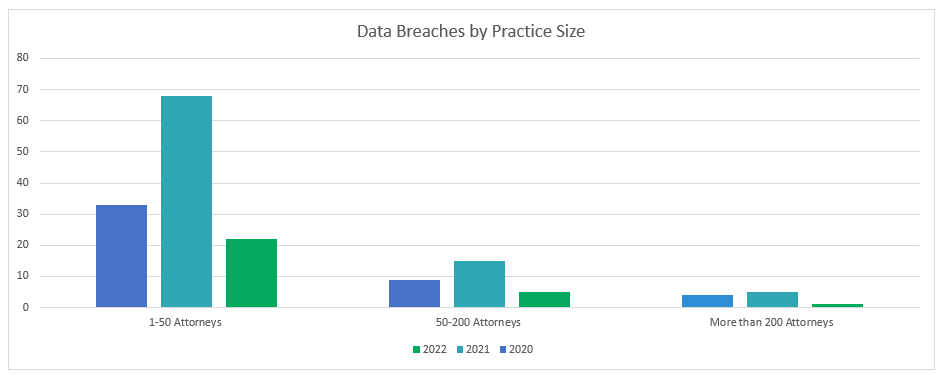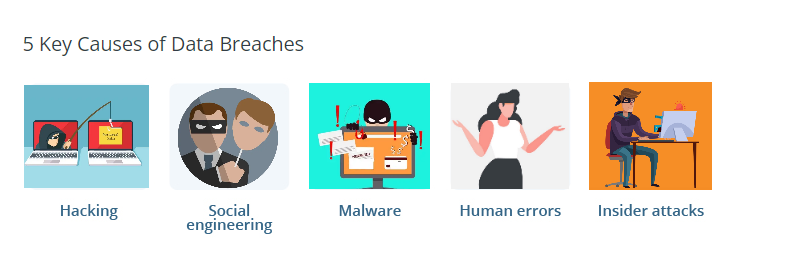
Securing Confidentiality for Law Firms and Clients
Learn about the critical role of encryption in protecting attorney-client confidentiality.

Learn about the critical role of encryption in protecting attorney-client confidentiality.
The attorney-client relationship is one of utmost trust and confidentiality, nowhere is this truer than in the Intellectual Property arena. Millions, even billions, are often invested in developing new life-saving drugs, trademarks, patents, and copyrights. Protecting trade secrets and ensuring that confidential information remains secure is a critical aspect of the legal profession. Lawyers must take steps to ensure that their clients' confidential communications are not exposed to unauthorized parties. Securing the attorney-client exchange is a minimum step that lawyers need to take in order to safeguard sensitive data while also protecting the attorney-client privilege.
Lawyers everywhere must prioritize the protection of their clients' confidential information and trade secrets. One tool, Encryption, ensures that attorney-client privilege remains intact. In this article, we'll cover the basics of encryption as it relates to lawyers and client confidentiality and provide tips for attorneys on how to best protect sensitive data.
In today's digital world, when data can be accessed and shared with just a few clicks, implementing robust encryption solutions is essential to ensure the confidentiality of sensitive documents and communications. Attorneys must understand the latest encryption technologies available so they can best protect their clients' confidential information.
Data encryption is a method of protecting digital information by converting it into a code that can only be accessed with a special key or password. It makes the data unreadable for anyone without the key, protecting it from unauthorized access, breaches, and intercepts. Encryption can be used to protect data both in transit and at rest, making it a powerful tool for maintaining the confidentiality and integrity of sensitive information. This is particularly important for lawyers to protect attorney-client privilege and maintain trust between lawyer and client.
The legal work environment is a major target for hackers and malicious actors in the cybercriminal community. The confidential data, such as trademarks, patents, and copyrights, of clients and organizations that law firms possess, makes them an attractive target for those looking to exploit sensitive information. As such, top-level security and confidentiality are paramount when it comes to protecting this data from the prying eyes of hackers.
An example of encryption protecting data from hackers is a law firm encrypting client's sensitive information before uploading it to a cloud-based storage service. Without encryption, the information would be vulnerable to hacking attempts, but with encryption, the data is converted into unreadable code that can only be deciphered with a special key, making it impossible for hackers to access the client's sensitive information even if they gain access to the cloud storage.

Source: State public disclosure records for breaches reported January 2020 through April 2022 (Does not include all states)
Law firms must take proactive steps to ensure that their systems remain secure against any potential breaches or malicious attacks. This means implementing robust IT security protocols, investing in top-of-the-line encryption technology, regularly patching vulnerable software, maintaining secure backups of all critical information, and conducting regular audits on system integrity. Failing to do so could potentially lead to malpractice lawsuits should a breach occur, something no law firm wants to face.

In conclusion, the attorney-client relationship is built on trust and confidentiality, especially in the Intellectual Property arena where millions, even billions, are invested in developing new life-saving drugs, trademarks, patents, and copyrights. Protecting trade secrets and ensuring that confidential information remains secure is a critical aspect of the legal profession.
GhostVolt is a fully secure, on-premises collaboration and document management platform specifically designed for businesses that require the utmost in data security, data breach prevention, and data access controls. GhostVolt provides all the necessary tools to protect your law firm against data breaches and unauthorized file access, while helping you comply with legislation such as GDPR and HIPAA.



